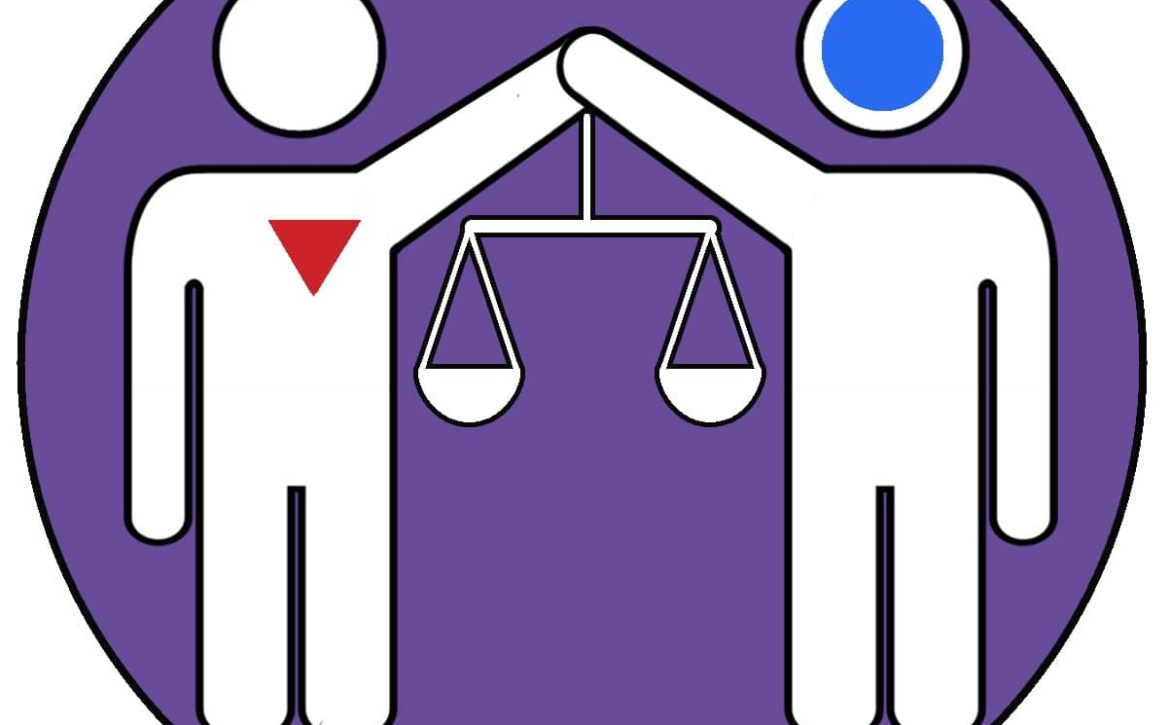
Ethics and judges
VIEWS FROM THE RIDGE
JUSTICE APOLINARIO D. BRUSELAS Chairman,6th Division, Court of Appeals Department Head, PhilJA Ethics Department
In no other profession or calling is there a greater expectation of high ethical standards and values than in the position of a judge or justice in the judiciary. The Constitution requires that a member of the judiciary be a person of proven competence, integrity, probity and independence, both capable of patent demonstration and shown through time.
To respond to these constitutional requirements, the Supreme Court, through PhilJA and the Judicial and Bar Council (JBC), has required the recalibration of the Pre-judicature Training Program (PJP) into one that solely screens and tests aspirants to the judiciary for the presence of the requisite constitutional qualifications. PhilJA likewise now requires that all its education and training activities — lectures, seminars, workshops, symposia – touch on ethics and values as integral parts of its offerings.
To this end, PhilJA will likewise now deviate from its traditional classroom-type, knowledge-heavy training courses, in favor of programs that shall not only impart knowledge but develop as well the skills, attitudes and behavior that encourage the requisite values that judicial service requires.
As an implementation measure, PhilJA’s Ethics & Judicial Conduct Department has been reconstituted and re-tooled to enable it to better bear the burden of ensuring that the focus on ethics and values gains a firm foothold that does not easily slide. PhilJA’s entire corps of professors has accordingly been made aware of the Court’s vision, so that the means, manner and methodologies of carrying out this intent may be implanted and may germinate vigorously soonest.
The task, undoubtedly, is a difficult one as Ethics and Values, as a behavioral subject, is not taught in the way that the pure knowledge subjects of Civil or Criminal laws are approached – through students’ understanding, memory and logical processes. It takes more than these to implant values and moral principles into people’s minds; values and moral principles require time for nurture and development as well as role models to emulate, social interactions and live experiences.
Ethics and Values are oftentimes discussed interchangeably for they are closely related and are near-synonymous. Ethics can be regarded as a system of moral principles; while values are the stimuli that drive one’s thoughts and actions; ethics refers to the set of prescribed guidelines for conduct that address a question of morality – of what is right and what is wrong in a given situation. The judiciary’s New Code of Judicial Conduct for the Philippine Judiciary best exemplifies this system of moral principles: It prescribes a systematic standard of behavior – expressed as rules – for judges to live by. Ethics, in this sense, can be taught as a law subject and, after lectures, can be hurdled with flying colors. Its rules, moreover, can be enforced through pre-defined sanctions.
Values, on the other hand, refers to the underlying aspects of behavior, the internal core principles that drive men to behave the way they do. Values can as well be imparted through lectures, but such exercise offers no guarantee that the imparted principles would translate to the internal driving force of independence, impartiality, integrity, propriety, equality, competence and diligence that would lead lawyers and judges to the ethical behavior that the judiciary aspires for.
Strictly speaking, ethical behavior, i.e., action based on ethical standards, springs from the core values that have been nurtured and developed in the individual through the years, from childhood in the family, through college and the law school. Theoretically therefore, a well-nurtured set of moral values – given that they contain the correct ones – ought to lead to ethical behavior.
One who might not have undergone such nurture and the resulting set of moral values, however, may still be led to adhere to ethical standards through continuous training; exposure and positive experiences approximating nurture; and the use of sanctions. It is through these approaches that, PHILJA – based on its mandate to legally educate and train members of the judiciary, and in partnership with the Judicial Integrity Board (JIB) and its disciplinary mandate – places its hopes in meeting the judiciary’s ethical future and in filling whatever ethical deficiencies might currently exist.
It is in the sense of this new approach that Ethics and Values shall henceforth be embedded in every educational and training activity at PHILJA. Every PJP, every training course, particularly the training for judges, shall henceforth be oriented towards Ethics and Values. This, the judiciary cannot but seriously undertake and carry out effectively, as the adjudication they undertake affects their direct and mandated concerns – the daily lives of our people and the enjoyment of their rights and liberties.
Read More


